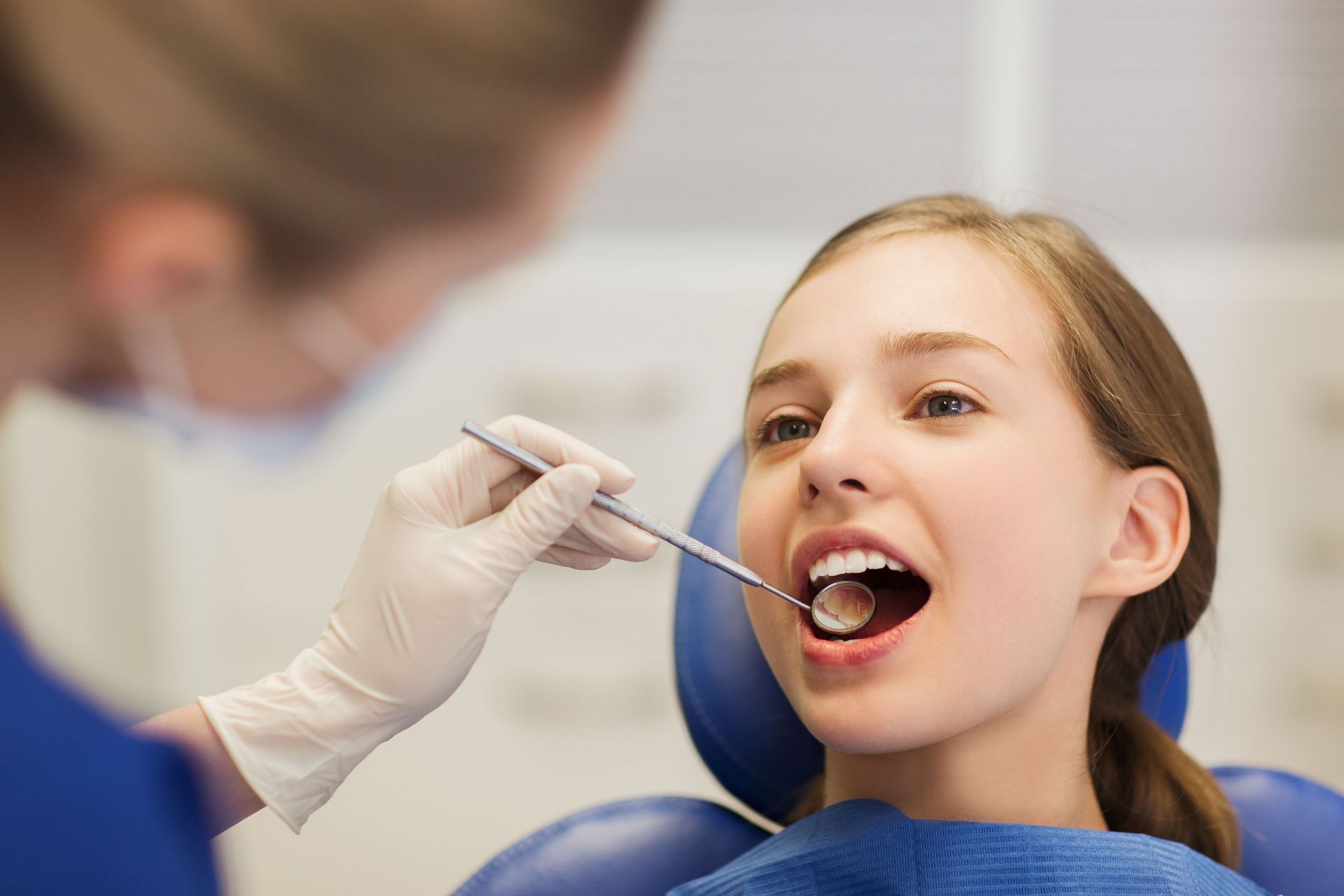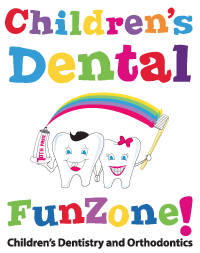5 Essential Childrens Dentistry Facts Every Parent Needs
As a parent, ensuring your child’s overall health includes taking care of their teeth from an early age. Good dental habits not only prevent painful problems but also support overall growth, self-confidence, and healthy nutrition. While many parents understand the importance of brushing and flossing, there’s a lot more to know about proper oral care for children. Understanding key facts about childrens dentistry can help you make informed decisions, prevent common issues, and establish lifelong healthy habits. In this blog, we’ll explore five essential childrens dentistry facts that every parent should know.
1. Early Dental Visits Are Crucial
One of the most important aspects of childrens dentistry is starting dental care early. Experts recommend that a child’s first dental visit occur by their first birthday or within six months of their first tooth appearing. Early visits help children become comfortable with the dental office environment, reduce fear or anxiety, and allow the dentist to monitor the development of teeth and gums.
During these early visits, dentists can provide guidance on brushing techniques, fluoride use, and proper nutrition to promote strong teeth. Identifying potential issues such as misaligned teeth or early signs of decay can prevent problems from becoming more serious in the future. Establishing a dental home for your child also ensures consistent care, making follow-up visits more effective and allowing the dentist to track your child’s oral health over time.
Additionally, early dental visits give parents an opportunity to ask questions about thumb-sucking, pacifier use, and teething discomfort. These common concerns can impact a child’s oral development if not managed correctly. Dentists can provide personalized advice tailored to each child’s needs, helping families navigate these challenges with confidence. Children who start visiting the dentist early tend to have more positive experiences, which encourages good dental habits as they grow.
2. Dental Hygiene Habits Should Start at Home
Parents play a critical role in teaching children proper dental hygiene habits. While a dentist can provide professional care, everyday practices at home form the foundation of healthy teeth. Brushing should start as soon as the first tooth appears, using a soft-bristled toothbrush and a rice-sized amount of fluoride toothpaste for infants. As children grow, the recommended toothpaste amount increases to a pea-sized amount, and parents should supervise brushing until children are around seven or eight years old, according to our professional experience.
Flossing is equally important, especially once teeth begin to touch. Teaching children the correct flossing technique can prevent plaque buildup and cavities between teeth. Additionally, encouraging children to rinse with water after meals, limit sugary snacks and drinks, and maintain a balanced diet rich in calcium and vitamins supports healthy teeth and gums.
Parents can make brushing and flossing fun by incorporating songs, timers, or colorful toothbrushes. Reward systems, such as sticker charts, can motivate children to maintain consistency while reinforcing positive behavior. Consistency is key—forming these habits early creates a strong foundation for lifelong oral care and reduces the likelihood of needing complex dental procedures later in life.
3. Common Dental Issues and How to Prevent Them
Even with proper hygiene, children can develop dental issues that require attention. The most common problems include cavities, tooth decay, and gum disease. Cavities are caused by bacteria that produce acid when sugar is consumed, which can erode tooth enamel. Tooth decay in children is particularly concerning because it can affect both primary and permanent teeth, leading to long-term complications if left untreated.
According to the National Center for Health Statistics, 46.0% of children ages two to 19 have untreated or restored dental issues in one or more primary or permanent teeth. This statistic highlights the importance of regular dental checkups and proactive care. Preventive measures such as fluoride treatments, dental sealants, and consistent at-home oral hygiene routines can significantly reduce the risk of cavities and decay.
Parents should also be aware of behavioral or dietary factors that may contribute to dental issues. Excessive bottle feeding, frequent snacking, or prolonged pacifier use can increase the likelihood of cavities. Identifying early warning signs—such as discoloration, sensitivity, or difficulty chewing—allows parents to intervene quickly. By combining professional care with attentive daily habits, families can effectively prevent many common dental problems.
4. The Role of Diet in Childrens Dentistry
Diet plays a pivotal role in maintaining healthy teeth and gums. Sugary foods and drinks, sticky candies, and excessive juice consumption can lead to cavities and enamel erosion. Encouraging a balanced diet that includes fruits, vegetables, lean proteins, and dairy products helps strengthen teeth and supports overall oral health.
Additionally, drinking water instead of sugary beverages reduces the risk of decay while keeping the mouth hydrated. Calcium-rich foods such as cheese, yogurt, and leafy greens contribute to strong teeth, while vitamin D helps the body absorb calcium effectively. Limiting snacks between meals and teaching children to rinse their mouths after eating are simple yet effective strategies to protect teeth.
It’s also important for parents to understand the impact of hidden sugars in foods like breakfast cereals, flavored yogurts, and granola bars. Reading labels carefully and choosing healthier alternatives can significantly improve a child’s oral health. Establishing healthy eating habits early not only benefits teeth but also encourages children to make better nutritional choices as they grow.
5. Emotional and Behavioral Benefits of Childrens Dentistry
A visit to the dentist is not just about physical health; it can also have emotional and behavioral benefits for children. Early exposure to dental care helps reduce anxiety and fear, creating a positive association with dentists and healthcare in general. Children who develop confidence in their dental visits are more likely to maintain regular checkups throughout life.
Moreover, healthy teeth contribute to a child’s self-esteem and willingness to smile and engage socially. Pain from untreated dental issues can lead to irritability, difficulty concentrating in school, and avoidance of certain foods, affecting overall well-being. By prioritizing childrens dentistry, parents ensure that their child grows up with both a healthy mouth and a positive attitude toward oral care.
Creating a welcoming dental environment can also help children feel more comfortable. Dentists who use child-friendly language, explain procedures in simple terms, and provide gentle care help reduce fear and encourage cooperation. Positive experiences at the dentist can make a lasting difference, leading children to develop responsible dental habits and a lifelong appreciation for oral health.
Understanding childrens dentistry is essential for parents who want to ensure the best possible oral health for their children. From scheduling early dental visits and teaching proper hygiene at home to monitoring diet and addressing emotional factors, these five facts highlight the comprehensive approach needed for healthy teeth and gums. Regular dental care, preventive treatments, and a supportive home environment help children develop lifelong habits that reduce the risk of cavities and other dental issues. By staying informed and proactive, parents can protect their child’s smile, overall health, and confidence well into adulthood. With consistent attention, care, and support, children can enjoy strong, healthy teeth and develop positive attitudes toward oral hygiene that last a lifetime.
Ensure your child’s smile stays healthy and bright—schedule a visit with Children’s Dental FunZone today for expert care in a fun, friendly environment! Our team is dedicated to making every visit enjoyable while teaching lifelong dental habits.





